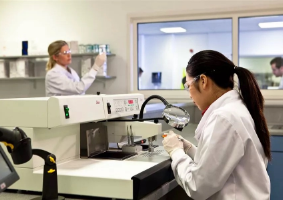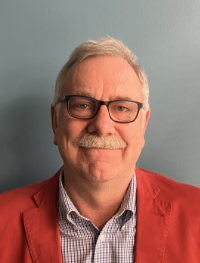Science of Tissue Processing, Tidal Versus Rotational Processing

Title: Science of Tissue Processing, Tidal Versus Rotational Processing
Date: October 27, 2022
Time: 1 p.m. ET
Presenter: Andrew Lisowski
Save Time and Improve Tissue Quality
Quality tissue specimen preparation is fundamental to anatomic pathology.
Tissue processing is the most complex and one of the longest steps in the histology workflow. The quality of the processed specimens will determine the readability of the stained slides. By reducing processing times and increasing tissue quality, diagnoses can be delivered more rapidly, promoting better patient care.
In this webinar, we will review the purpose and function of the tissue processing steps, discuss tissue processing reagents and agitation techniques, and identify ways to improve your laboratory’s tissue processing methods by using a rotational tissue processor.
Learning Objectives
This webinar will help you:
- Describe the tissue processing steps
- Identify tissue processing reagents
- Explain the different tissue processing methods
- Compare the efficiencies of tidal versus rotational agitation tissue processing
Fisher Healthcare is approved as a provider of continuing education programs in the clinical laboratory sciences by the ASCLS P.A.C.E.™ Program. One P.A.C.E.™ credit-hour will be provided for this complimentary basic level program.
Presenter

Andrew Lisowski, Senior Technical Content Manager, Epredia
With nearly 30 years of experience in histology and histotechnology, Andrew Lisowski has worked in immunohistochemistry, in situ hybridization, and cell culture labs; performed in vitro and in vivo toxicology assays; and was a member of a necropsy team. He has also worked for pharmaceutical companies and founded his own molecular and histology firms. In his current role as senior technical content manager at Epredia, Lisowski provides global technical content. His academic accomplishments include earning a master’s degree in molecular biology and attending veterinary school.
